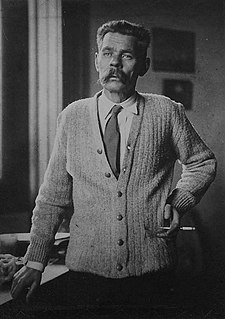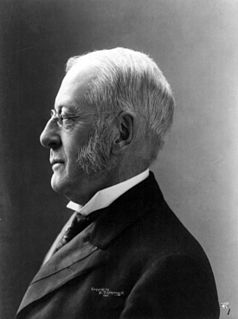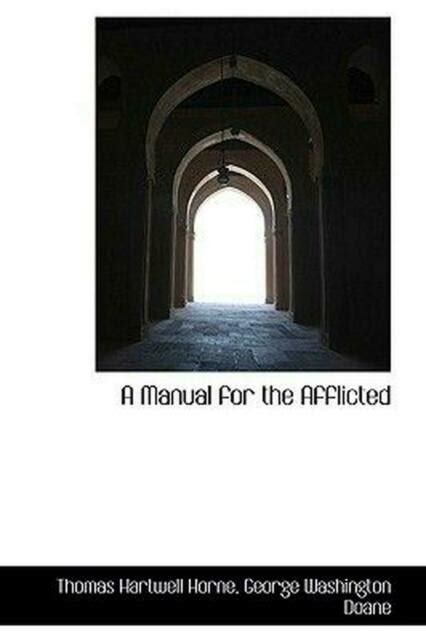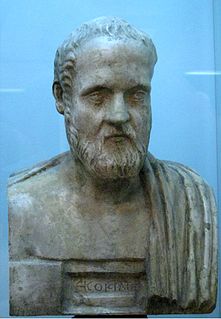A Quote by Niccolo Machiavelli
It is the duty of a man of honor to teach others the good which he has not been able to do himself because of the malignity of the times, that this good finally can be done by another more loved in heaven.
Related Quotes
The cause of all the blunders committed by man arises from this excessive self-love. For the lover is blinded by the object loved; so that he passes a wrong judgment on what is just, good and beautiful, thinking that he ought always to honor what belongs to himself in preference to truth. For he who intends to be a great man ought to love neither himself nor his own things, but only what is just, whether it happens to be done by himself, or by another.
Antiphon, as another man gets pleasure from a good horse, or a dog, or a bird, I get even more pleasure from good friends. And if I have something good, I teach it to them, and I introduce them to others who will be useful to them with respect to virtue. And together with my friends I go through the treasures of wise men of old which they left behind written in books, and we peruse them. If we see something good, we pick it out and hold it to be a great profit, if we are able to prove useful to one another.
It is our duty to endeavor always to promote the general good; to do to all as we would be willing to be done by were we in their circumstances; to do justly, to love mercy, and to walk humbly before God. These are some of the laws of nature which every man in the world is bound to observe, and which whoever violates exposes himself to the resentment of mankind, the lashes of his own conscience, and the judgment of Heaven. This plainly shows that the highest state of liberty subjects us to the law of nature and the government of God.
The sovereign good of man is a mind that subjects all things to itself and is itself subject to nothing; such a man's pleasures are modest and reserved, and it may be a question whether he goes to heaven, or heaven comes to him; for a good man is influenced by God Himself, and has a kind of divinity within him.
The readiest way which God takes to draw a man to himself is, to afflict him in that he loves most, and with good reason; and to cause this affliction to arise from some good action done with a single eye; because nothing can more clearly show him the emptiness of what is most lovely and desirable in the world.
The riches of heaven, the honor which cometh from God only, and the pleasures at His right hand, the absence of all evil, the presence and enjoyment of all good, and this good enduring to eternity, never more to be taken from us, never more to be in any, the least degree, diminished, but forever increasing, these are the wreaths which form the contexture of that crown held forth to our hopes.





































